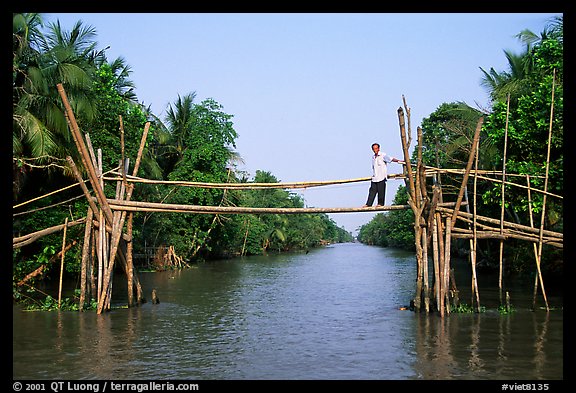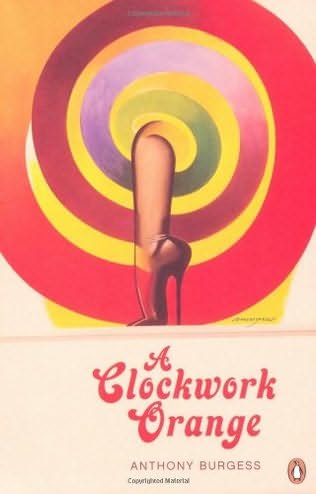On page 227, there begins a letter that Mai's Mother (Thanh) wrote to her daughter. This letter changed everything I though I knew and reversed my dismal opinion about the book. With the start of this passage I noticed a difference; this letter, stretching 28 pages, literally turned the book upside down and changed everything. Lan Cao plays the reader right into her grasp, and once she has you firmly in her grip, she shakes you into awe with this final letter detailing the real story of Mai's family that had remained hidden up to this point. All loose ends are tired together and the book comes full circle. (I actually liked the ending!)
Baba Quan, who is at first described as a kind and dedicated farmer is revealed as a cold-blooded Vietcong member who commits murder and turn on his country. Thanh's burn marks are actually from napalm and not from a kitchen fire, and her family history is one of hardship, death, murder, and cruelty.

A book I hated at first, had played me like a game and then unleashed the real story when I was off guard. I would give the book a rating of 3/5 because it is very slow and monotonous at first, but the last 40 pages just blows the reader away and takes back everything you though you knew. The reader is right there next to Mai as she reads her mother's letter to reveal that everything about her family history had been made up and the real story was far less appealing and upbeat.
Villagers Return to thier Destroyed Village
 Throughout the book, the narrator is changed from Mai, to Thanh, and to Uncle Michael. Mai takes the perspective of a teenager who grew up in Vietnam during the conflict but wasn't able to take in and analyze the events around her as a child. Uncle Michael is a American Vietnam Vet who takes an outsiders perspective on their lives in Vietnam, and Thanh takes an insiders perspective on the events during the war. The change in narrator occurs though letters, and stories presented to Mai. Lan Cao uses these as a media though which to present her ideas and thoughts about Vietnam since the book is a partial Autobiography.
Throughout the book, the narrator is changed from Mai, to Thanh, and to Uncle Michael. Mai takes the perspective of a teenager who grew up in Vietnam during the conflict but wasn't able to take in and analyze the events around her as a child. Uncle Michael is a American Vietnam Vet who takes an outsiders perspective on their lives in Vietnam, and Thanh takes an insiders perspective on the events during the war. The change in narrator occurs though letters, and stories presented to Mai. Lan Cao uses these as a media though which to present her ideas and thoughts about Vietnam since the book is a partial Autobiography. Although I didn't like the meat of the book, the ending was superb and allowed for closure and a deep understanding of the Vietnam conflict as an insider living it, and outsider observing it, and as a child trying to take it all in.



No comments:
Post a Comment